
In the world of gaming, mechanics are the backbone that transforms simple concepts into engaging experiences. They are the intricate systems and rules that dictate how a game is played and how players interact with it. From the thrill of leveling up to the joy of discovering hidden secrets, great game mechanics are what make games memorable and enjoyable. In this article, we’ll explore the best game mechanics that everyone loves, highlighting what makes them so compelling and why they have stood the test of time.
Section 1: Progression Systems
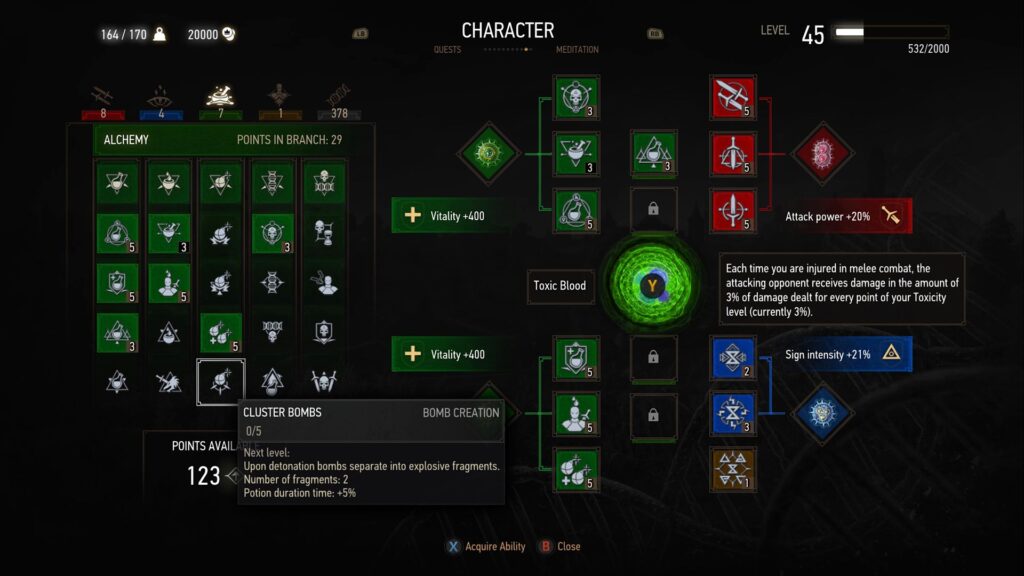
One of the best game mechanics that keeps players coming back is the progression system.
Leveling Up gives players a sense of growth and achievement. As characters or abilities improve, players feel a tangible sense of advancement. Popular games like “World of Warcraft” and “Skyrim” showcase this mechanic beautifully, rewarding players with new skills and strengths as they progress.
Skill Trees add another layer of depth, allowing for customization and strategic development. Games such as “Path of Exile” and “The Witcher 3” offer intricate skill trees that let players tailor their characters to their preferred playstyle, making the journey uniquely personal.
Section 2: Exploration

Exploration is one of the most beloved game mechanics, fostering a sense of adventure and discovery.
Open World environments encourage players to roam freely, uncovering new areas and secrets. Games like “The Legend of Zelda: Breath of the Wild” and “Red Dead Redemption 2” are prime examples, providing vast, open landscapes that are a joy to explore.
Hidden Secrets and Collectibles reward thorough exploration and curiosity. Titles such as “Hollow Knight” and “Assassin’s Creed” scatter collectibles and hidden lore throughout their worlds, ensuring that keen-eyed players are constantly rewarded for their diligence.
Section 3: Compelling Storytelling

Storytelling is at the heart of many great games, and some of the best game mechanics are those that enhance the narrative experience.
Branching Narratives allow players to make choices that affect the story’s outcome, giving a sense of control and investment in the plot. Games like “Mass Effect” and “The Walking Dead” are renowned for their branching storylines, where decisions significantly impact the game’s direction.
Lore and World-Building create rich, immersive worlds with deep histories and backstories. Games like “Dark Souls” and “The Elder Scrolls” series excel in this regard, drawing players into their meticulously crafted universes.
Section 4: Reward Systems

Reward systems are some of the best game mechanics, providing players with tangible goals and satisfying accomplishments.
Loot and Gear mechanics thrill players with the discovery of rare and powerful items. Games such as “Diablo III” and “Borderlands” are known for their rewarding loot systems, where each find can significantly impact gameplay.
Achievements and Trophies offer additional goals outside the main objectives, providing a sense of accomplishment. Platforms like Xbox Live and PlayStation Trophies have made achievements a staple, encouraging players to pursue various challenges.
Section 5: Dynamic Combat
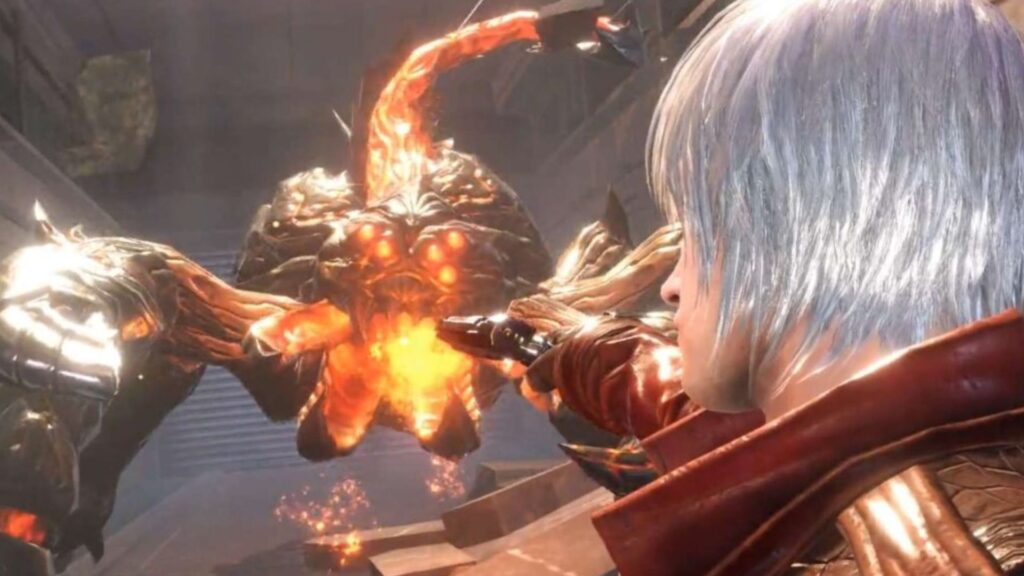
Dynamic combat systems keep gameplay engaging and challenging, making them some of the best game mechanics in action-oriented games.
Combo Systems encourage skillful play and mastery of mechanics. Titles like “Devil May Cry” and “Bayonetta” feature intricate combo systems that reward players for executing complex sequences.
Real-Time Strategy elements require quick thinking and adaptability, adding a layer of strategic depth. Games such as “StarCraft” and the “Total War” series highlight the excitement and challenge of real-time strategy, where every decision can turn the tide of battle.
Section 6: Multiplayer and Social Interaction

Multiplayer and social interaction are key aspects of many popular games, featuring some of the best game mechanics for social engagement.
Cooperative Play allows players to work together towards common goals, fostering teamwork and camaraderie. Games like “Overwatch” and “Destiny 2” emphasize cooperative mechanics, creating a shared experience that is both fun and rewarding.
Competitive Play pits players against each other in skill-based contests, providing thrilling and intense gameplay. Titles such as “Apex Legends” and “Fortnite” are famous for their competitive scenes, where players strive to outplay their opponents.
Section 7: Puzzle-Solving
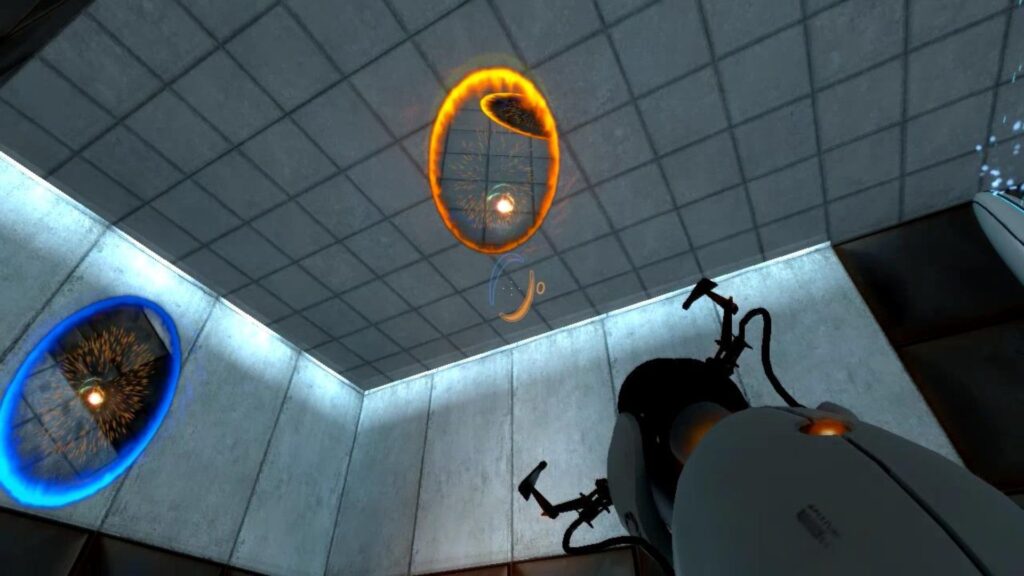
Puzzle-solving mechanics challenge players’ intellect and creativity, making them some of the best game mechanics for those who enjoy a mental workout.
Environmental Puzzles require players to use the game’s environment in creative ways. Games like “Portal” and “The Witness” are celebrated for their innovative environmental puzzles, which often require outside-the-box thinking.
Logic Puzzles provide brain-teasers that reward critical thinking. Titles such as the “Professor Layton” series and “Baba Is You” offer a variety of logic puzzles that challenge players’ problem-solving skills.
Section 8: Stealth Mechanics

Stealth mechanics add a layer of strategy and tension, making them some of the best game mechanics for players who enjoy a more measured approach.
Stealth and Infiltration encourage careful planning and execution. Games like “Metal Gear Solid” and “Hitman” excel in stealth mechanics, where players must avoid detection and outsmart their enemies.
Detection and Evasion add excitement by making players avoid detection. Titles such as “Dishonored” and “Thief” provide thrilling stealth sequences that keep players on their toes.
Section 9: Crafting and Customization

Crafting and customization are beloved game mechanics that allow players to express creativity and tailor their experience.
Crafting Systems lets players create new items from gathered resources. Games like “Minecraft” and “The Forest” have robust crafting systems that provide endless possibilities for creation and survival.
Character Customization enables players to personalize the appearance and abilities of their characters. Titles such as “Cyberpunk 2077” and “Dragon Age: Inquisition” offer extensive customization options, allowing players to shape their in-game personas.
Section 10: Interactive Environments

Interactive environments enhance immersion and engagement, making them some of the best game mechanics in modern games.
Destructible Environments allow players to change the game world in meaningful ways. Games like “Battlefield” and “Red Faction” showcase the thrill of destructible environments, where players can reshape the battlefield to their advantage.
Environmental Hazards and Tools encourage strategic use of the environment. Titles such as “Half-Life 2” and “Breath of the Wild” provide various environmental tools and hazards that players can use to overcome challenges.
Section 11: Time Manipulation

Time manipulation mechanics are fascinating and innovative, ranking among the best game mechanics for unique gameplay experiences.
Time Travel allows players to change events in the past to affect the present or future. Games like “Chrono Trigger” and “Life is Strange” explore the possibilities of time travel, offering compelling narratives and gameplay.
Bullet Time slows down time to give players a strategic advantage. Titles such as “Max Payne” and “Superhot” utilize bullet time mechanics to create intense and cinematic combat sequences.
Section 12: Rogue-like Elements
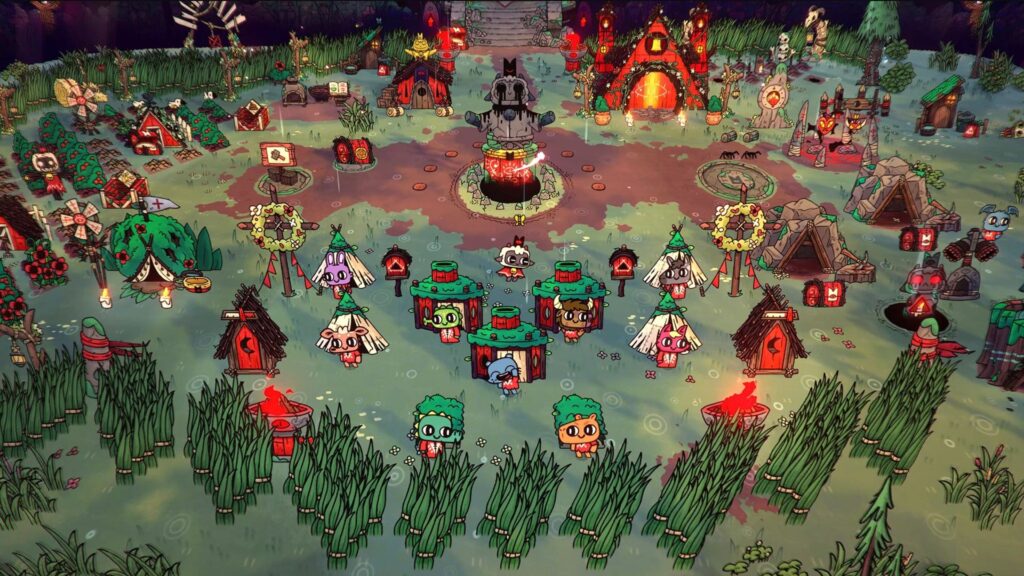
Rogue-like elements add unpredictability and high stakes, making them some of the best game mechanics for replayability.
Procedural Generation ensures each playthrough is unique with randomly generated levels and content. Games like “Rogue Legacy” and “Hades” use procedural generation to keep players engaged with fresh experiences every time they play.
Permadeath adds high stakes and tension to gameplay, making each decision more meaningful. Titles such as “Darkest Dungeon” and “FTL: Faster Than Light” employ permadeath to create a challenging and intense gaming experience.
Section 13: Companion Systems

Companion systems enhance gameplay by adding AI allies or pets, making them some of the best game mechanics for player immersion and support.
AI Companions provide assistance and depth to the player’s experience. Games like “The Last of Us” and “Mass Effect” feature memorable AI companions that enrich the narrative and gameplay.
Pet Systems offer both utility and emotional attachment. Titles such as “World of Warcraft” and “Monster Hunter” include pet systems that allow players to bond with and benefit from their virtual pets.
Section 14: Physics-Based Mechanics

Physics-based mechanics add realism and creativity to gameplay, ranking among the best game mechanics for immersive experiences.
Realistic Physics adds a layer of immersion and challenge. Games like “Half-Life 2” and “Kerbal Space Program” are known for their realistic physics, which play a crucial role in gameplay and problem-solving.
Ragdoll Physics provides satisfying and often humorous outcomes in combat. Titles such as “Garry’s Mod” and “Grand Theft Auto V” use ragdoll physics to add a touch of fun and unpredictability to player interactions.
Section 15: Immersive Sim Elements
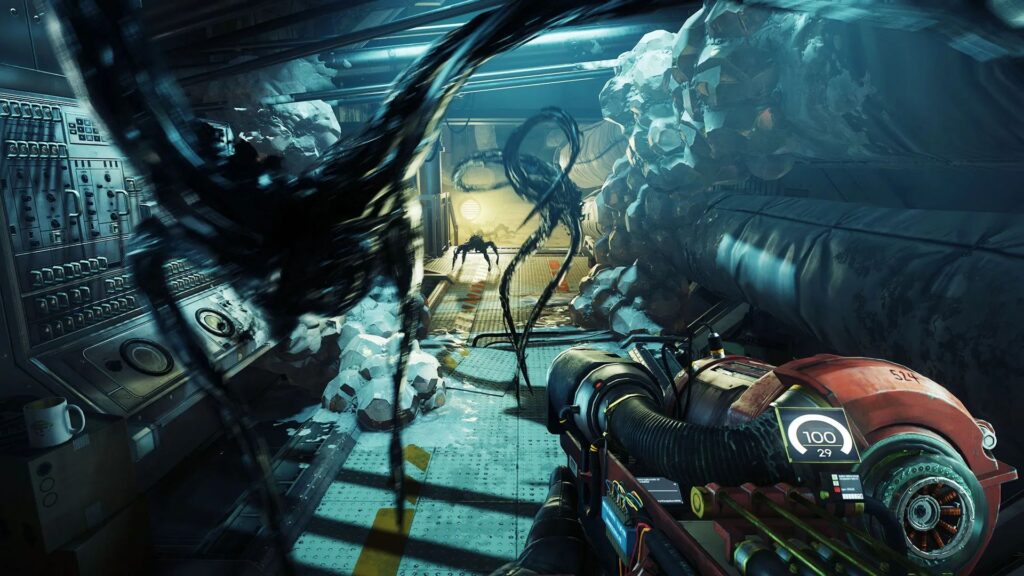
Immersive sim elements give players a high degree of freedom and meaningful consequences, making them some of the best game mechanics for player agency.
Player Agency allows players to approach objectives in multiple ways. Games like “Deus Ex” and “Prey” provide numerous options for players to complete missions, enhancing the sense of freedom and creativity.
Real Consequences ensure that actions have lasting effects on the game world. Titles such as “The Witcher 3” and “Fallout: New Vegas” are known for their impactful choices, where decisions significantly alter the course of the story.
Conclusion
The best game mechanics are those that enhance engagement, provide satisfaction, and allow for personalized experiences. Whether it’s the thrill of leveling up, the joy of exploration, or the challenge of dynamic combat, these mechanics keep players coming back for more. Great game mechanics are the heart of memorable gaming experiences. They engage, challenge, and reward players, creating worlds that are immersive and captivating.